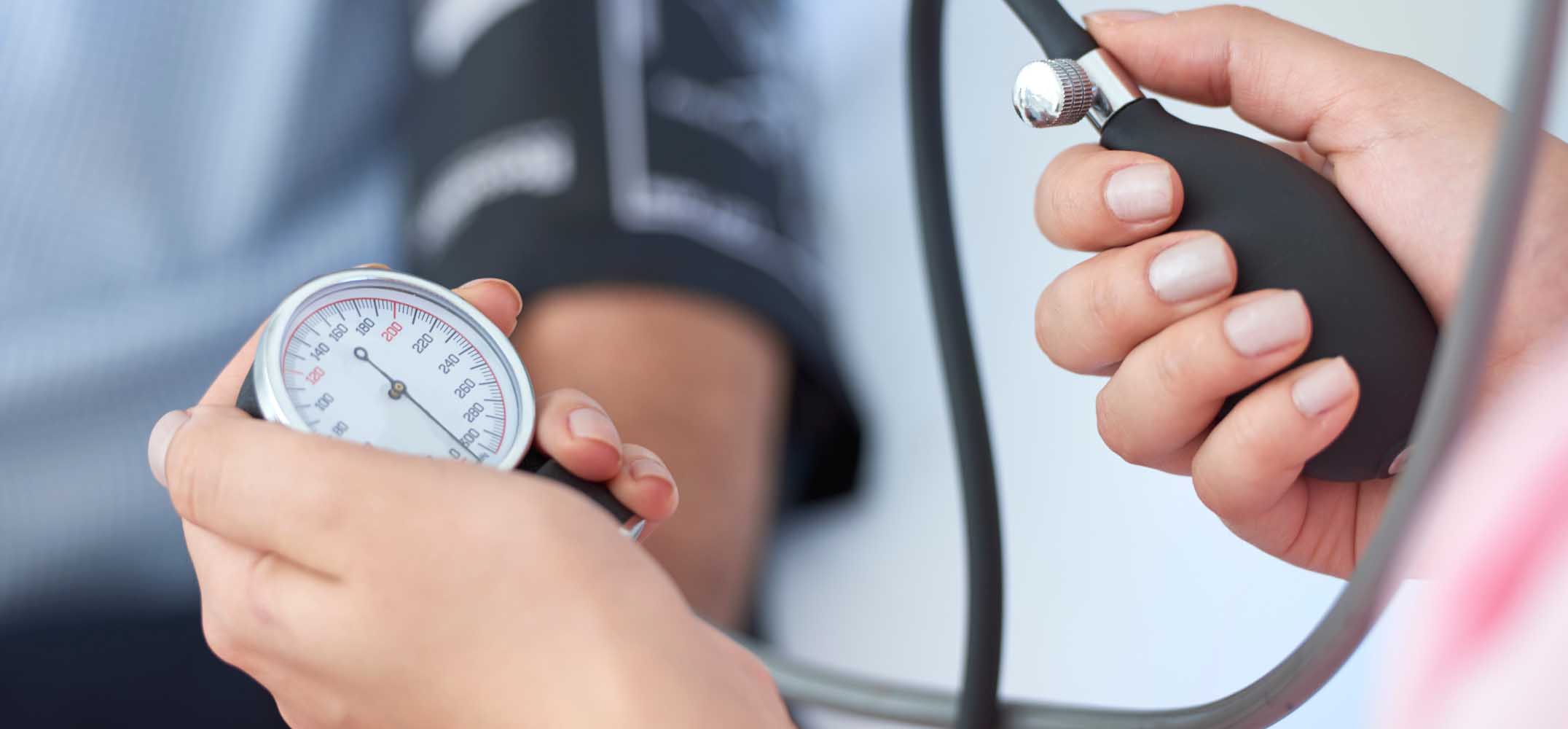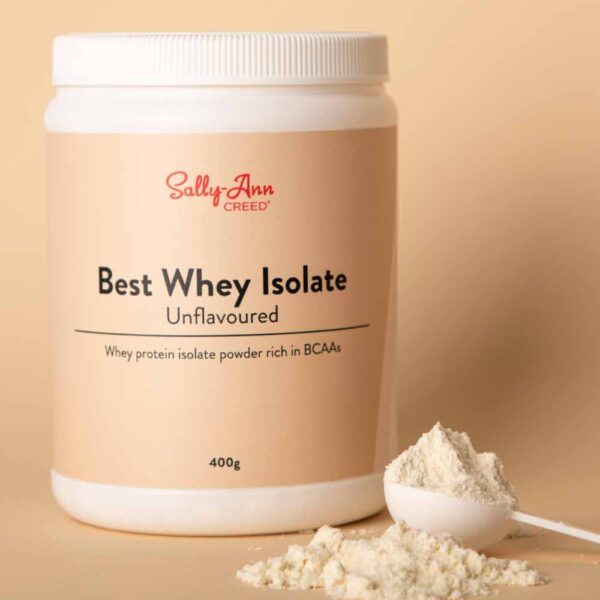How many people do you know suffering with this – it’s like an epidemic these days.
A healthy blood pressure (BP) level should be around 120-130 over 80. Hypertension is a stealth condition as there are sometimes no obvious symptoms. For that reason it has been called “the silent killer”. I want to tell you first of all HOW to measure your blood pressure. Don’t go darting breathlessly into your doctor’s rooms, sit down and have your blood pressure taken. You have “white coat syndrome” to start with which immediately elevates it. Secondly you should have been sitting quietly and in a relaxed attitude for a good 15-20 minutes prior to the measure being taken.
If you have it monitored regularly, always do it at the same time of the day, relax first and then have it done. Perhaps going to your chemist or getting your own home monitor would be more relaxing than the doctor but do monitor it if you are concerned. Hypertension doubles your risk of stroke, heart attack, dementia, kidney failure and blindness – nasty!
So here are some ways to lower it or at least address it:
- Speak to your doctor about any medications you are taking which could possible artificially be elevating BP (cortisone does this and so do many other medications)
- Are you drinking too much coffee – coffee’s great but too much of a good thing will lead to elevated BP
- Are you drinking too much alcohol? Alcohol is linked to hypertension – I’ll leave it right there before you get irritated with me….
- Are you on hormones? Again, chat to your doctor as often these can elevate BP
- Some antihistamines and anticonvulsants can do this – maybe your doctor could change your script
- Increase vegetable intake – don’t cut down on meat and fats which are very healthy, just make sure you are getting a decent amount of fresh vegetables every day. Try to have them at every meal, breakfast included (who said you can’t have veggies at breakfast? Pffft.) Eat more potassium-rich foods like sweet potato, avocado, banana, squash, leafy greens and the odd prune.
- Lose the seed oils and use olive oil which has been shown to have a healthy effect on BP
- Take a daily stroll – it’s not necessary to do an entire gym circuit each day, but exercise is important
- Good quality sleep is a wonderful healer, and some instances of high BP are due to too little sleep.
- You absolutely have to find a way to manage stress – easier said than done, but find a way
- Use cinnamon – this is an amazing way to not only lower blood pressure but blood sugar too. It needs to be organic Ceylon cinnamon to work (see my online store) and has other great benefits too. Such as fighting unhealthy gut bacteria and improving metabolic rate. In a study by the Journal of the American College of Nutrition in 2006, they discovered just ½ a teaspoon of cinnamon a day could be enough to lower blood pressure (I stress again organic, or it could be ‘cut’ with cornflour and be cassia which is not real cinnamon but a cheap imitation). You want pure, 100% organic Ceylon – I have an excellent one in my online store. If you eat oatmeal, add it to that, or smoothies, or coffee or sprinkle it onto anything.
- Really important – omega-3 fish oil – take this daily, and eat plenty of fatty fish too.
- Co-enzyme Q10 is known for the beneficial effect on blood pressure – take around 120mg a day – it’s heart healthy, gives energy and will help to control BP
- You really REALLY must stop sugar! And all high carb processed foods like breads and cereals. They just drive up insulin and blood sugar which in turn ramps up blood pressure.
- Take magnesium citrate – an amazing mineral for lowering BP, helping you sleep and relaxing you
- You might want to try more vitamin C too – according to Johns Hopkins Medicine, and a study published in Nutrition Journal, supplementing with vitamin C may help to reduce blood pressure.
Head on over to my online store here for the above products
Disclaimer
You can simply click on the name of each product mentioned above (in bold) and a hyperlink will take you directly to the product for an easy purchase.
Originally published on https://www.facebook.com/SallyAnnCreedSA/ in 2020.







